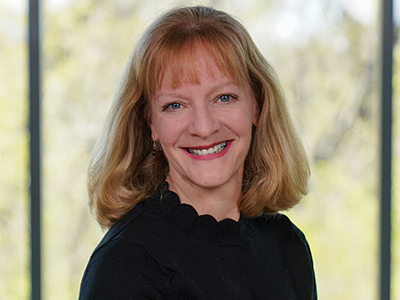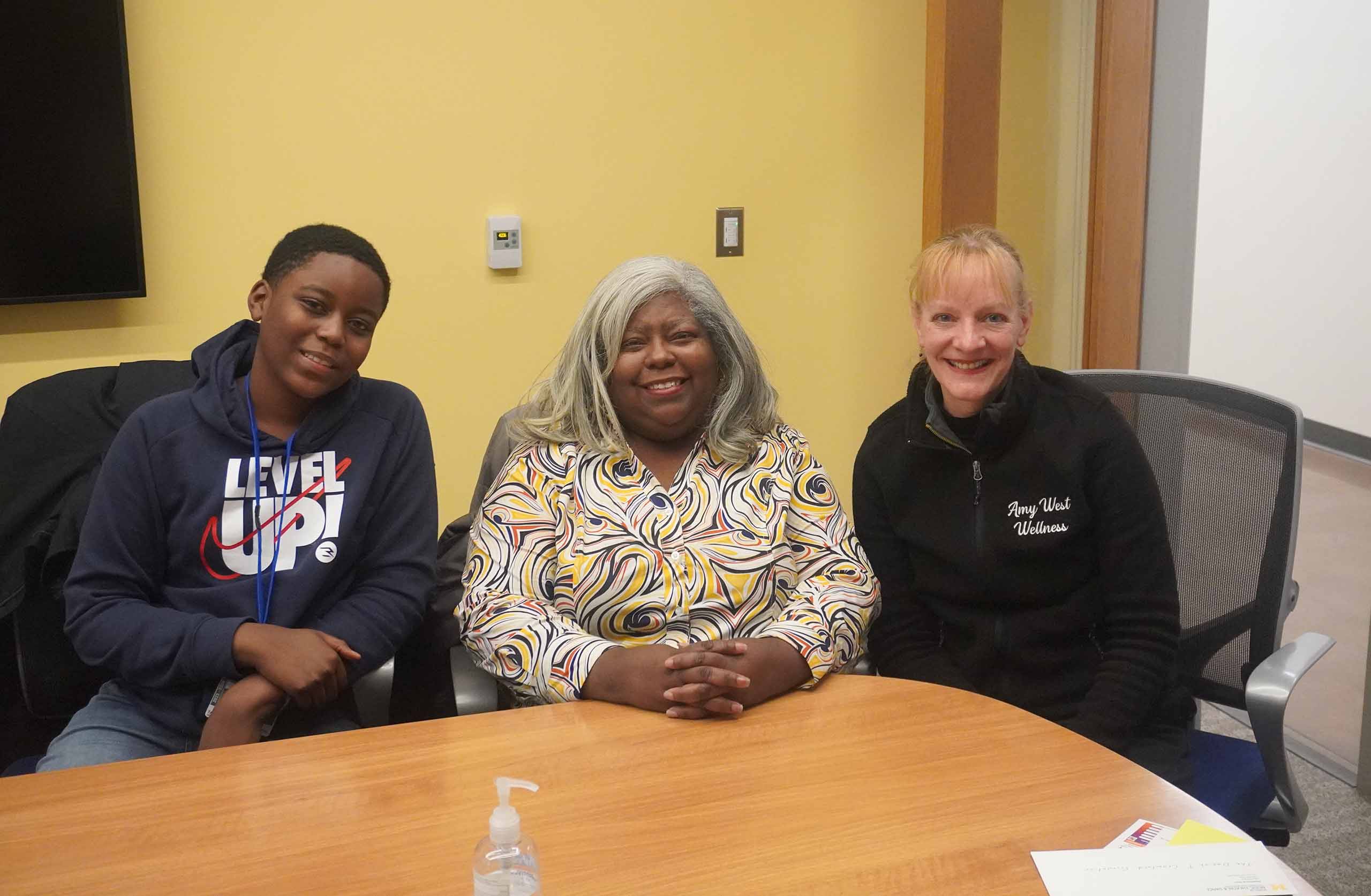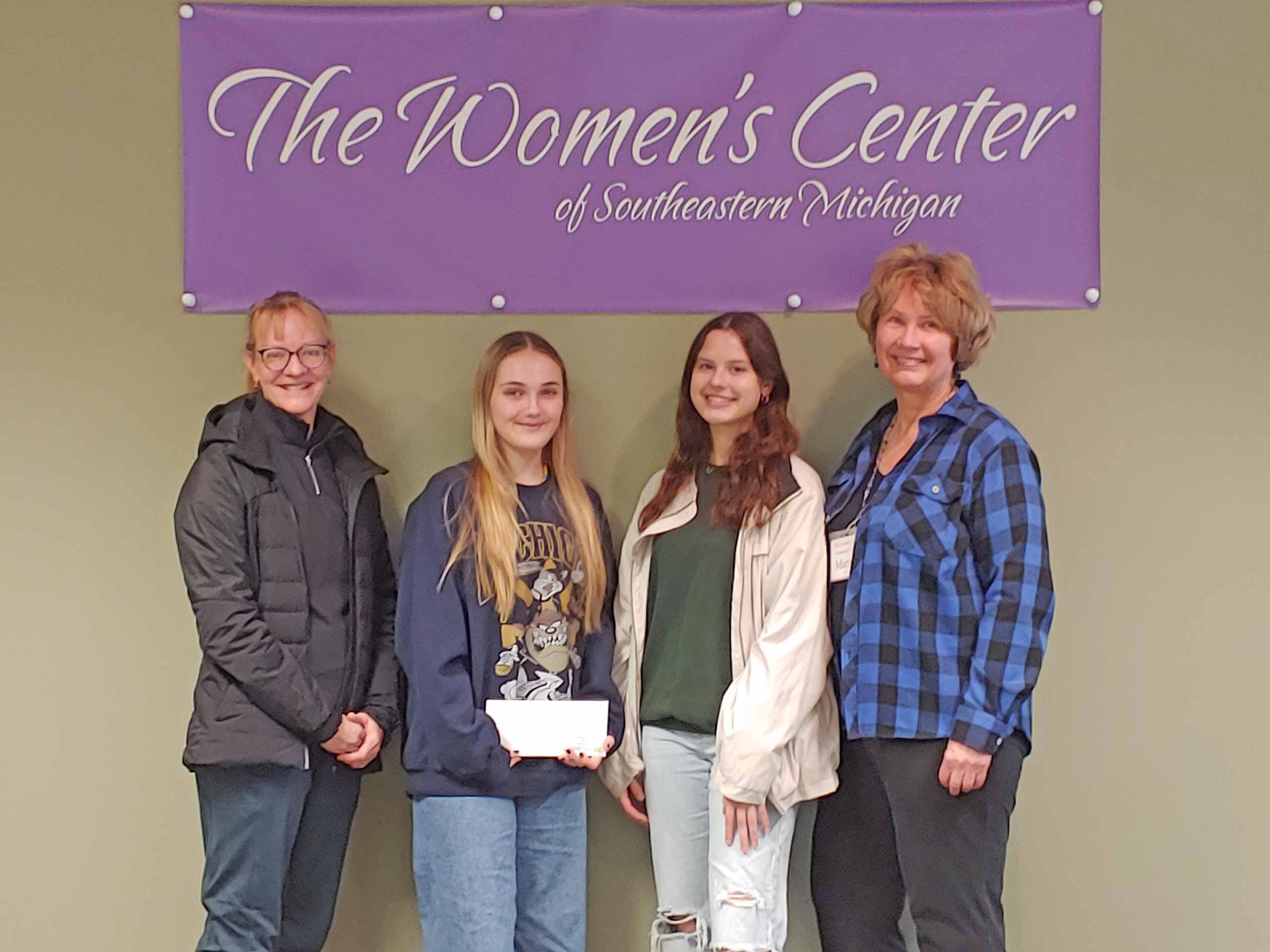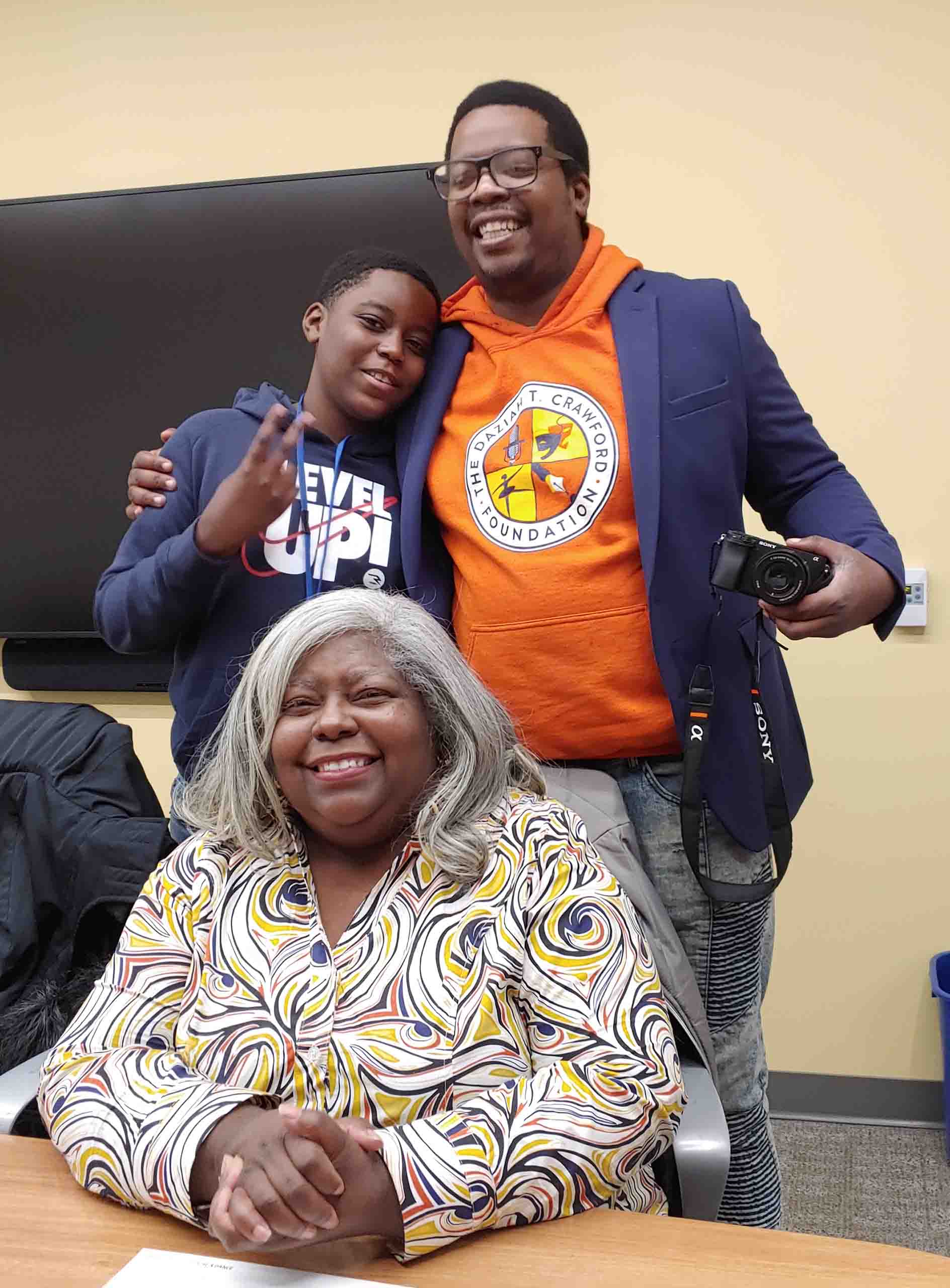For the past four years, I have taught a course titled “First-Year Seminar” in the Department of Dance at the University of Michigan School of Music, Theatre & Dance. The course was designed to help our students navigate their first semester in college as dance majors. In the semester-long class, we focus on a wide variety of topics, such as how to communicate with professors, navigating the party culture, nutrition, sleep, mental well-being, and professional development skills such as web design, resume writing, and networking.
For the fall 2023 semester I decided to add an assignment centering around community outreach and engagement. Research shows that when we step outside of ourselves and help others, we reap the benefits, enhancing our overall mental health and well-being. My hope was to have the students step out of their intense dance training “bubble” and reach out to an organization in our community they may not have known about.

Amy West
The assignment was simple. The class was divided into six small groups of four or five students, and they were asked to research a local charity or organization that serves the community. Then the groups had to prepare a “pitch” as to why they picked the organization and put together a presentation to give in front of the class with the goal of selecting one organization that would receive a donation. An anonymous donor had come forward and offered $1,000 that would be awarded to the winning group’s organization. The students were encouraged to use slides, props, or anything else that would create the most impactful pitch. A panel of four individuals was invited to adjudicate and ask questions after each group presented. I took myself out of the decision-making process as to who the winner would be because I wanted to remain impartial.
On the day of the pitch presentations, I could tell the groups were quite nervous. After the first group presented, the panel asked very specific questions to see how deeply the organization was researched. I was sitting off to the side of the room, and out of the corner of my eye I could see the upcoming groups frantically texting each other and nervously looking over their slide presentations. They sat up a bit taller realizing this would not be a low-bar assignment! The panel took their role very seriously and were thorough in their questions with the remaining five groups. After each group presented, I encouraged the group members to follow up with an email to their organization, asking the questions they could not answer, and I would forward responses to the panel. Impressively, by the next day all the groups had answers to the questions the panel had asked. This led to an interesting dilemma. The panel could not come to a consensus as to which group was a clear winner. The six groups were winnowed down to three. After some discussion, we decided this would be a great teaching moment for the groups to receive feedback, apply it to the presentations, and to have another chance to present a more honed pitch.
The following week, the panel returned and the three chosen groups presented their pitches again. Notably, each group applied the feedback given. The group members were more engaging, making eye contact with the audience and even coming out from behind the podium! It became clear in their presentations that more research and phone calls to the organizations took place in preparation to pitch again. The three groups that were not chosen to pitch in the second round became part of an anonymous voting process in helping to decide on the winning group.
After the three groups presented, I excused the students. The panel discussed each of the pitch presentations in detail. I also tallied up the votes from classmates. After discussing the pros and cons, as well as factoring in the improvement in each group presentation, it was still difficult to agree on a winner. After several conversations back and forth, it was decided that an honorable mention would be given to the group that improved the most in delivering a compelling presentation. A donation of $250 was awarded to the Women’s Center of Southeastern Michigan, an organization located in Ann Arbor that is committed to working with students and especially women going through difficult challenges.
The winning group was awarded $750 to give to the Daziah T. Crawford Foundation, based out of metro Detroit. One of the members of the student group had been a recipient of scholarship funding from the foundation and spoke so highly of the positive experience. In preparation for the second pitch, the group reached out to the father of Daziah T. Crawford; he answered the questions the group asked in a video that was then folded into the presentation. Mr. Crawford was very heartfelt and powerful in his responses. In the video it was clear his mission was to honor the memory of his daughter, who at age 19 had passed away due to a high-speed chase in a residential neighborhood. Daziah was a student at Eastern Michigan University, and her interests were performing arts and journalism.

Amy West (right) with Daziah T. Crawford’s family members
After the winners were announced to the class, the two winning groups wrote letters to the organizations explaining the assignment and all the students in the class signed them. But the story did not end there. I took two students to the Women’s Center of Southeastern Michigan to meet the staff and to deliver the envelope with the signed letter and $250 check. We had a tour of the facility and were able to spend time with the wonderful people who work there. For the students, it gave meaning to the hard work put into their pitch and showed them how lives were being touched by the donation.
A week later, members of the Daziah T. Crawford Foundation were able to meet me at the Dance Building on North Campus to pick up their donation. Unfortunately, the first-year students had already left for winter break and were not able to be present. Sharita Crawford, who is Daziah’s aunt, came, along with her son Bernard Respess Jr. and her grandson Tai’shan Ewing-Respess. After a tour of the building, we were able to sit down and talk together. It was a joy to meet them and to hear their story. They are honoring the legacy of Daziah and carrying her spirit forward by providing scholarships, mentorship, and networking opportunities to students.
Seeing the positive impact on the students when they reached out to and connected with organizations in our community was incredibly rewarding. Added to that, the students, as a class, realized that doing what they do each day – moving their bodies, dancing, and doing creative work – provided an opportunity to gain new skills in community outreach and engagement. Striving to deliver a better pitch through several rounds of attempts was challenging. But in doing so, they learned how to become confident through the process of honing their presentations and by believing in the organizations they were representing. Overall, it was a wonderful opportunity for everyone involved, and a strong connection with the organizations was built for future interactions.


